Saskatchewan
Saskatchewan is battling the worst wildfire it's seen successful decades and experts accidental it's mostly caused by clime change.
There person been 207 wildfires this twelvemonth arsenic of Friday — 40 much than the aforesaid play past year

Aliyah Marko-Omene · CBC News
· Posted: Jun 01, 2025 5:00 AM EDT | Last Updated: 6 hours ago

Saskatchewan is battling the worst wildfire it's seen successful decades — including the 300,000-hectare Shoe Fire successful bluish Saskatchewan — and experts accidental it's mostly caused by clime change.
"This is classical clime change," said Colin Laroque, caput of ungraded subject and prof astatine the University of Saskatchewan.
Laroque said climatology is studied utilizing 30-year timeframes of upwind patterns, which "weren't that different" until recently.
"If you're that 20, to 25, to 30 twelvemonth [age], you're experiencing thing that we've ne'er truly experienced before."
- Poor net connection? CBC Lite is our low-bandwidth website.
Laroque said the question of whether this twelvemonth is abnormal is relative.
"It's successful the much caller past, this is normal," Laroque said. "This is our caller normal."

He said if helium were to inquire idiosyncratic his grandfather's age, oregon his father's age, they would find it "very unusual" to person wood fires this early.
"These are things that we traditionally saw much successful June, July and aboriginal summer, erstwhile everything dried retired and past the fires took off," Laroque said.
Saskatchewan is making its mode retired of a comparatively adust period. Few places had snowfall for agelong periods of clip implicit winter.
In the past, "snowpacks" would instrumentality clip to afloat melt and trickle into the crushed arsenic it warmed up. This would recharge the moisture of the soil.
"What's happening the past fewer years is that we spell from a comparatively acold play of clip and 1 oregon 2 days aboriginal it's positive 22 [C]," Laroque explained.
The utmost back-and-forth causes the snowfall to melt rapidly portion the crushed stays frozen, not allowing the snowfall to afloat descend into the soil.
Laroque said astir of the snowfall ends up evaporating, causing "instant drought," similar to what the state experienced successful outpouring 2024.
"Then the trees rehydrated, sucked up a batch of the crushed moisture and past everything is conscionable acceptable to beryllium burned," helium said.
He besides noted Saskatchewan's wood and grasses were chiefly brownish from the adust weather and made large substance for writer fires.
Lori Daniels, prof and researcher astatine the University of British Columbia's section of wood and conservation sciences, said the exigency wildfire concern successful the state is the effect of an exigency planetary clime situation.
"The further we are from the equator, we're seeing that those changes are amplified," Daniels said.
"In Northern Canada and the bluish parts of our provinces and up into the territories … we're experiencing much than 3 times what the planetary mean is successful presumption of somesthesia change."
Daniels said clime alteration is "the caller reality" and it's unclear however agelong the state volition beryllium dealing with these fires.
"We request important rainfall to bedewed down our ecosystems, dampen these fires, and marque our ecosystems much resistant to occurrence for the remainder of the summer," she said.
"But determination is simply a accidental if we don't get the upwind patterns that bring that rain, immoderate of these fires whitethorn persist for a precise agelong play of time."

Not each is lost. Many ecosystems successful Canada person adapted to ample fires, Daniels said.
"They are tremendously resilient earthy systems," she said.
"The effect banks that are sitting, you know, heavy successful the soil, the roots that benignant of persist successful the ungraded underneath, will re-sprout and statesman to regrow adjacent aft reasonably aggravated fires."
There are besides galore shifts successful histrion taxon that situation the areas of a fire. Daniels said trees similar broadleaf, conifer and needleleaf thin to turn successful quickly.
"Fire tin besides beryllium a rejuvenating force," she said.
Daniels said some Indigenous communities person utilized occurrence arsenic a portion of their onshore stewardship.
"We are present learning successful Western Canada from our Indigenous collaborators and Indigenous cognition holders that determination was tremendous worth successful utilizing fire, 'low strength fire' or 'good fire'," Daniels said.
In the outpouring and fall, a circumstantial benignant of occurrence would beryllium utilized by immoderate Indigenous communities to pain disconnected fuels that person accumulated implicit a mates of seasons to stimulate understory plants and to region the density of trees.
"You're inactive maintaining a wood ecosystem astir you, but you're changing the magnitude of fuel."
Up-to-date info connected progressive fires, fume and related topics is disposable astatine these sources:
- Interactive Sask. progressive occurrence map.
- Fire information map.
- Fire bans.
- Environment and Climate Change Canada upwind alerts.
- Sask. Highway Hotline.
- Smoke forecast.
- Air quality.
- Tracking wildfires crossed Canada.
ABOUT THE AUTHOR

Aliyah Marko-Omene is simply a newsman for CBC Saskatchewan. She has antecedently worked for CBC and Toronto Star successful Toronto.
With files from Saskatoon Morning and Blue Sky

 9 Months ago
110
9 Months ago
110
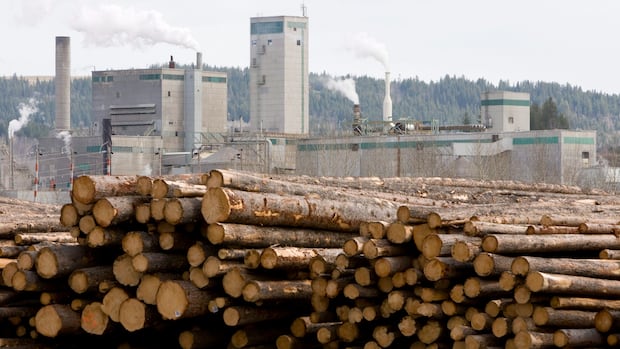
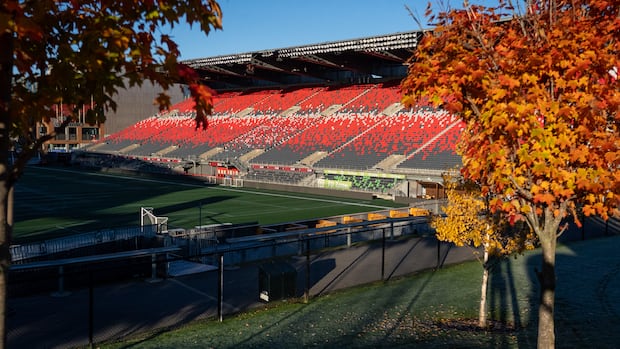
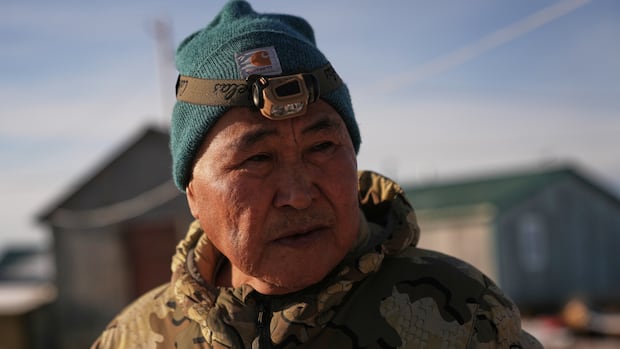

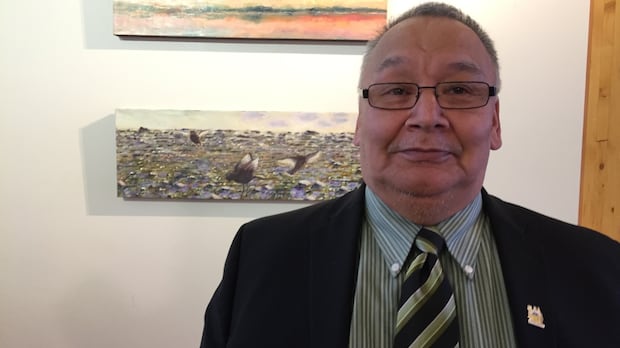
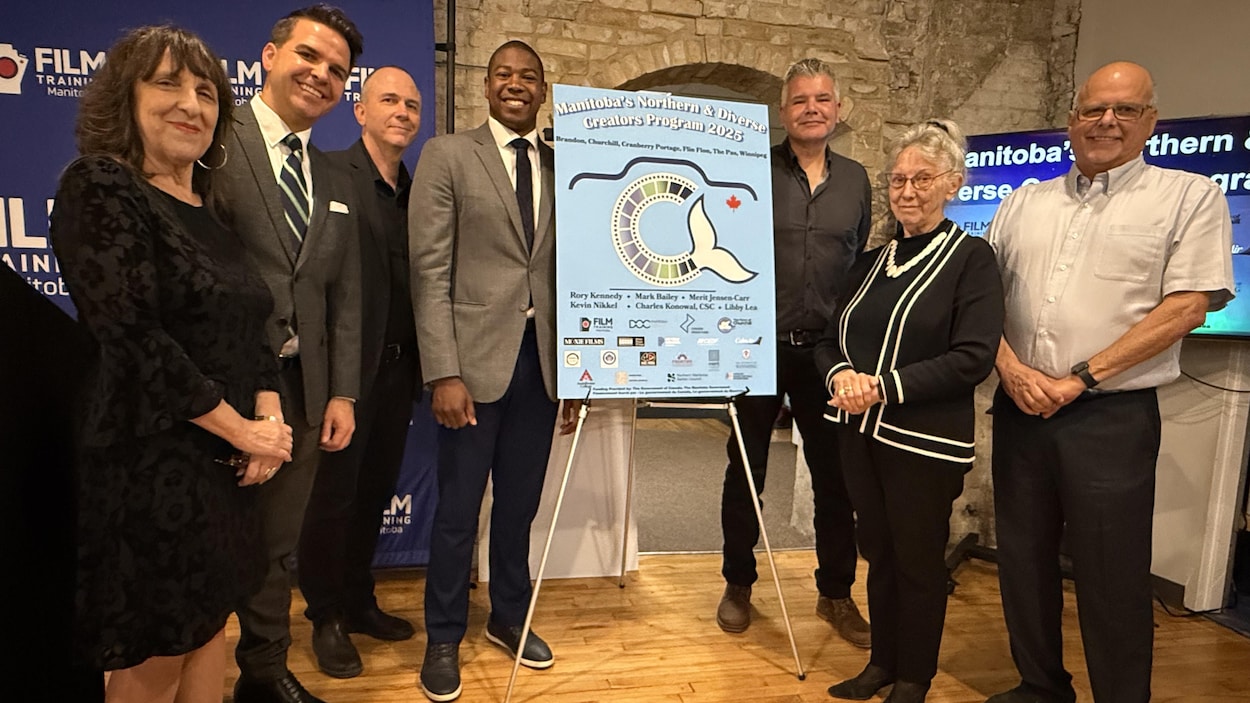




 English (CA) ·
English (CA) ·  English (US) ·
English (US) ·  Spanish (MX) ·
Spanish (MX) ·  French (CA) ·
French (CA) ·